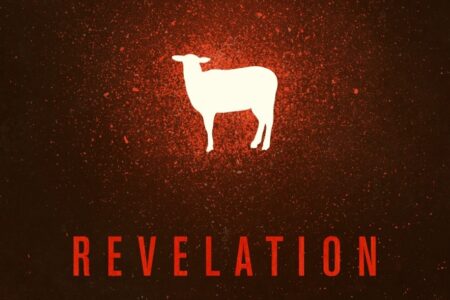Sermons on Christ's Birth
Out Of Egypt I Called My Son
Last week we considered the birth of Christ from the rare perspective of Joseph (Mt 1:18-23). This morning we are looking at another passage that is rarely preached during Advent (Mt 2:13-23). The story of Christmas contains varied emotions. Each character experienced significant fears even though there is also a great deal of hope. We miss what God wants us to understand when we avoid the hardship and only reflect on the joy. Do you allow room for lament in your celebration of Christmas?…
The Virgin Shall Conceive
Matthew begins his gospel with a genealogy that confirms Jesus’ humanity as well as his royal heritage. Although Jesus was born into the line of King David, his immediate parents were actually poor and insignificant. Jesus had a true humanity. And yet, the genealogy was unique in how it explained his relationship to his parents. Instead of following the pattern of naming the father, Matthew carefully states that Joseph is not the physical father (Matt 1:16). More explanation is provided in our…
The Heir And Agent Of Creation
You’ve likely heard about the Marshmallow Test. Young children were given a giant marshmallow to eat, but if they were willing to wait for an unspecified amount of time, they would receive an additional marshmallow. Most of the children could not do it, but the few who did were creative at distracting themselves from looking at the prize. This example is often used to illustrate the value of delayed gratification. Most of us are willing to forfeit the best things…
Once In Royal David’s City
The New Testament begins after 400 years of silence. It would have been a time when the church was asking: Where is God? It also begins during a historically significant time in Roman history. Rome had been entrenched in centuries of warfare and imperial expansion until Caesar Augustus ushered in 200 years of peace, known as the Pax Romana. The people were asking: Who needs God? In light of history, we are insignificant and powerless, yet we remain full of self-sufficient pride. God…
“The Backstory of History” (Revelation 12:1-6)
The Backstory of History (Rev. 12:1-6) Is it too soon to wish you a “Merry Christmas”? This passage makes for the perfect Christmas text. But before we get to it, let’s review. With the blast of the seventh trumpet the wrath of God fell upon unbelievers and the saints were gathered. We came to the end of the third cycle in Revelation. The letters to the seven churches was followed by the breaking of the seven seals, which was followed…
Gloria In Excelsis Deo (Luke 2:8-20)
Introduction In the first 30 years of Pax Romana. Who needs God? We have a sovereign, faithful, and humble Messiah. Don’t let the wonder of our Savior’s birth fade. Read Luke 2:8-20 A series of contrasts: Darkness/Light Manger/Field Wondering/Treasuring You are not in darkness; Your world is not filled with mundane routines; Your thrilling encounters with God are not all in the past… Treasure up and ponder this scene of the glory of God in the birth of a Savior…
The Messiah in a Manager (Luke 2:1-7)
Introduction 400 years of silence. Where is God? 200yrs of war > 30yrs of Pax Romana. Who needs God? The mundane beginning of the most elaborate birth narrative in Scripture. Read Luke 2:1-7 We need a Sovereign Messiah who can rescue us from our bondage to sin. We need a faithful Messiah who will follow through where we (and others) have failed. We need a humble Messiah who will meet us in the depths of our brokenness and lift us…
Mary’s Magnificat (Luke 1:39-56)
Introduction Let’s remember Mary’s age. Last week I mentioned that she was most likely between the ages of 12-15 years old. It is remarkable how she responded to Gabriel’s announcement with humility and trust. But how she responds to Elizabeth speaks volumes about her spiritual knowledge and character. Because of the way the Roman Catholic Church has exalted Mary to near divine status, Protestant Christians (the rest of the Christian Church) have sometimes denigrated Mary. Rather than “blessed”, the Roman…
You Shall Call His Name Jesus (Luke 1:26-38)
Introduction As Christianity has expanded—Luke provides an “orderly account” of the life and death of Christ. His expressed purpose is to provide Theophilus, and those like him, with “certainty concerning the things you have been taught” (1:4). He seeks to inform those interested in understanding more about Jesus. In the previous section, the birth of John the Baptist was foretold. The promise was that he would be “filled with the Holy Spirit, even from his mother’s womb” (v.15). At this…






